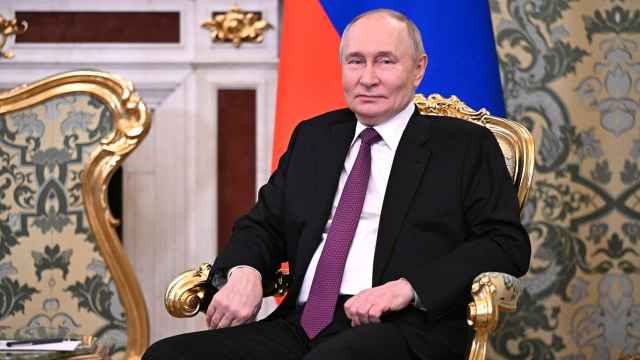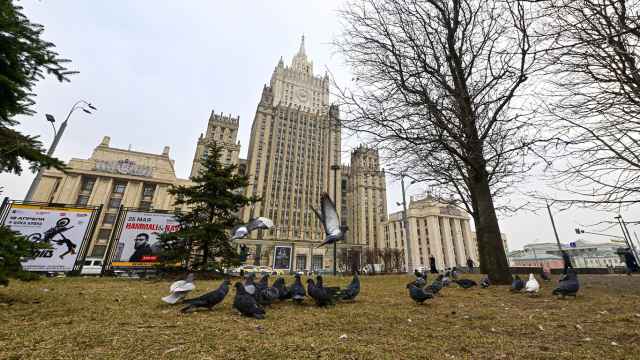Carlsberg Russian Market Shrinks
COPENHAGEN—Danish brewer Carlsberg A/S reported a weaker than expected first quarter capped by a weak Russian ruble and declining sales in Eastern Europe and lowered its outlook for 2014 net profit and for the Russian beer market.
Carlsberg, the maker of Baltika, Tuborg and Kronenbourg 1664, said the Russian market is now assumed to decline by mid-single-digit percentages in beer volume in 2014, against an earlier guidance of a low-single-digit decline.
Carlsberg, the market leader in Russia, has suffered from a slowing of the economy and a law banning the sale of alcohol from street kiosks, which combined led to an 8 percent slump of the Russian beer market last year. (Reuters)
Nokian Tires Q1 Profits Fall
Finnish winter tire maker Nokian Tires on Wednesday said its first-quarter operating profit fell due to a devalued ruble and weak sales in its key market of Russia. The results matched analyst expectations.
Nokian, which makes about a third of its sales in Russia and runs a large factory in the country, last month cut its profit outlook for the full year due to weaker consumer demand in the country amid the Ukraine crisis.
It said on Wednesday its Russian sales in the quarter were down 20 percent from a year earlier, mainly due to the weakened ruble.
Nokian said it expects the Russian tire demand be flat at best this year, but it added it remained confident about the future growth prospects in the vast market. (Reuters)
Henkel Sees Demand Rise
German consumer goods group Henkel said domestic demand in Russia continued to be strong in the three months to March, despite the ongoing political crisis.
First quarter sales in Russia, adjusted for currency effects, increased in a "mid-single-digit percentage range," chief executive Kasper Rorsted said on a call. In Ukraine, adjusted sales decreased slightly, he added.
Russia is Henkel's fourth-largest market with annual sales of about 1 billion euros ($1.4 billion) last year. Ukraine is an important growth market for the group.
Henkel employs about 2,500 staff in Russia and also runs several factories in Ukraine with about 1,000 employees. (Reuters)
A Message from The Moscow Times:
Dear readers,
We are facing unprecedented challenges. Russia's Prosecutor General's Office has designated The Moscow Times as an "undesirable" organization, criminalizing our work and putting our staff at risk of prosecution. This follows our earlier unjust labeling as a "foreign agent."
These actions are direct attempts to silence independent journalism in Russia. The authorities claim our work "discredits the decisions of the Russian leadership." We see things differently: we strive to provide accurate, unbiased reporting on Russia.
We, the journalists of The Moscow Times, refuse to be silenced. But to continue our work, we need your help.
Your support, no matter how small, makes a world of difference. If you can, please support us monthly starting from just $2. It's quick to set up, and every contribution makes a significant impact.
By supporting The Moscow Times, you're defending open, independent journalism in the face of repression. Thank you for standing with us.
Remind me later.





